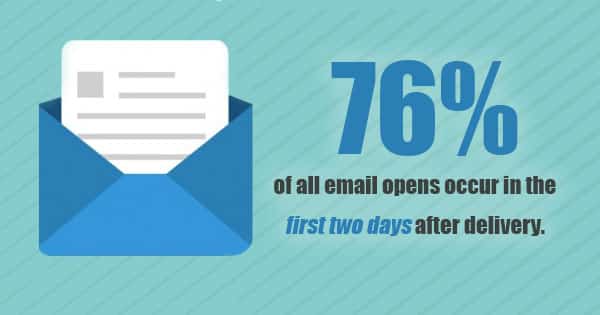Yesterday I talked about the importance of clear communications. Along those same lines, today we’ll discuss the importance of grammar, particularly in any official or unofficial email correspondence.
I was originally going to write about a different topic today until I heard Manic Monday on the radio on the way into work. That was the 80’s hit by my former fiancée, Susanna Hoffs*. The reason she’s my former fiancée* is that I decided to break it off^ after she disregarded my advice and committed career suicide by leaving the Bangles. History’s on my side: two #1 singles, two #2’s, and a total of 8 singles as good as her top selling solo work.
In Manic Monday, she sings, “I wish it were a Sunday.” Note the bolding of “were”. I can’t tell you how many times I’ve heard singers say “I wish I was.” Maybe we wouldn’t be in this position if Schoolhouse Rock ever did a song about the subjunctive mood. Sure, sure, I’m uptight about this kind of stuff. Blame my mom – heaven forbid I ever answered the phone, “This is him.” (Although Mr. Morton did teach us about subjects and predicates, he never went into predicate nominatives.)
Then I started thinking about email correspondence. Proper grammar is crucial in any type, including: client correspondence, auto-responders to potential client inquiries, email newsletters, internal memos.
Email Communication Grammar Tip #1:
If you don’t have a grammar – and spelling! – editor associated with whatever email client or service (e.g. Thunderbird, Outlook, Hotmail, etc.) you use, try typing your emails in Word first and then copying over to the email before you send. Word’s not perfect, but it’s a lot better than trying to do it blindly.
Most people won’t bust you for misplacing a comma (at least I hope not – Mrs. Knox, Ms. Hofreuter, Mrs. Sprague, Mr. Fischer, and more all tried unsuccessfully to teach me those rules), but you’d be surprised how many people will take note of misspelled words or blatantly wrong uses of punctuation and other forms of grammar.
You wouldn’t send out a resume with a typo, would you? I have done a fair bit of hiring and will tell you that bad grammar on a cover letter will usually be used to weed out candidates.
Email Communication Grammar Tip #2:
If you don’t know and don’t have your high school English teacher locked in a cage at your office, use search engines! Look up rules. Remember sites that gave you good, easy to understand advice and use them again in the future.
I’m far from the only one advocating this adherence to grammar in email communications. Internet managers for GM’s dealerships are told several times in their training that although prompt replies are crucial to the success of lead closure, they should never be sent out carelessly. They state, “Furthermore, some people may be insulted by the errors and choose to discontinue dialogue with you. They may feel that it is careless and indicative of the way you conduct business.”
Email Communications Grammar Tip #3:
Use auto-responders and email templates. You should spend a reasonable amount of time checking these for typos in the beginning so that you don’t have to sacrifice time with actual responses sent. Do the work upfront and you don’t need to worry later about anything other than the limited information you manually added into the email.
Think I’m off base? One attorney recently remarked that he was impressed that all my emails were grammatical error-free.
Why risk turning potential business away with sloppy grammar in your emails? It ain’t not werth it.
* crush.**
^ blatant lie. Although the picture is real.^ (That’s called a perpetual loop.)
** filer of stalking charges against me. I still think her trash should be considered public property and that I’m entitled to check in it for started but never finished love letters to me even if said trash is located in her master bedroom and I have to sneak into a locked house to find it.


